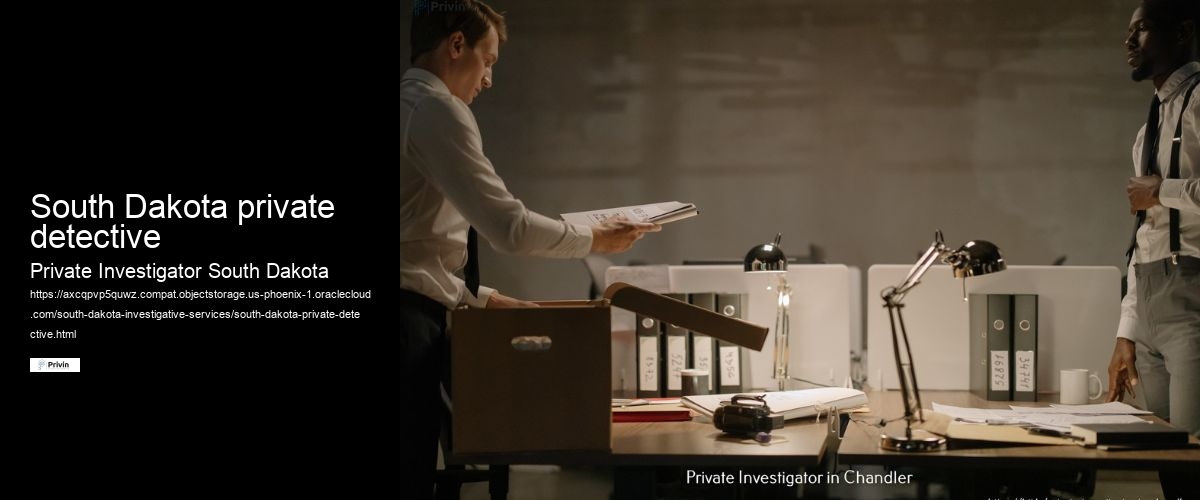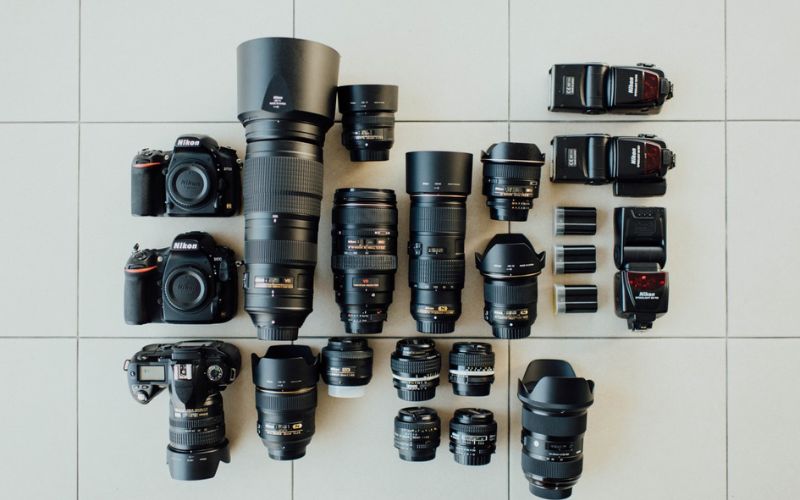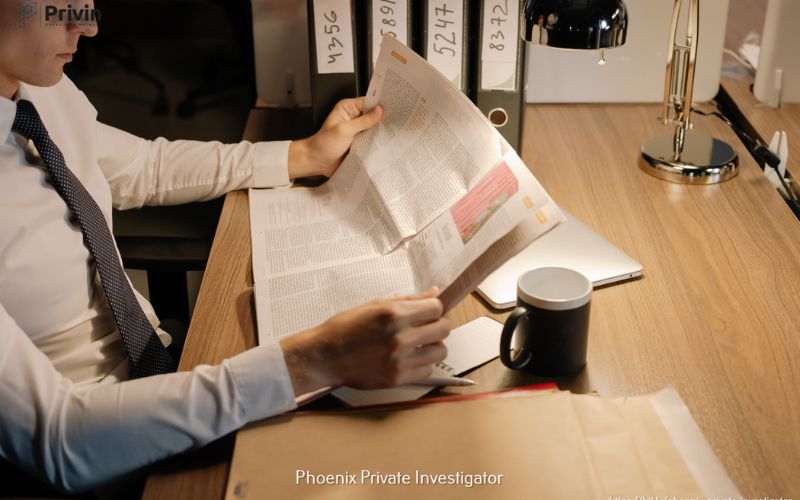
Private investigators are frequently involved in investigating various forms of fraud. This can include insurance fraud, financial fraud, identity theft, or corporate fraud. Private investigators work closely with clients, businesses, or legal entities to uncover fraudulent activities, gather evidence, and provide support in legal proceedings. They employ a range of investigative techniques, including data analysis, interviews, and financial audits, to identify and expose fraudulent schemes.
Private investigators possess the skills, experience, and resources to handle these different types of investigations. They serve a critical role in assisting individuals, organizations, and legal professionals in uncovering information, protecting interests, and ensuring justice is served.
Private investigators excel at gathering and analyzing information from various sources. They employ techniques such as open-source intelligence (OSINT) research, which involves extracting information from publicly available sources like social media, online databases, and public records. Private investigators also utilize their network of contacts, conduct discreet interviews, and employ information-gathering strategies to obtain valuable data for their investigations. Analyzing and organizing the gathered information helps them identify patterns, connections, and potential leads.
Interviews and interrogations are essential investigative techniques used by private investigators to extract information from individuals. Private investigators possess effective communication and interpersonal skills, allowing them to conduct interviews professionally and tactfully. They employ active listening techniques to gather relevant information and ask probing questions to elicit truthful responses. Private investigators may also conduct interrogations when dealing with uncooperative or potentially deceptive subjects, using techniques to uncover the truth and obtain valuable insights.
Surveillance is a crucial tool in the arsenal of a private investigator. They employ various surveillance methods and use specialized equipment to discreetly observe and document activities. Private investigators may use binoculars, cameras, video recorders, and audio surveillance devices to collect evidence. They may also utilize advanced technology, such as drones or hidden cameras, to conduct surveillance from a distance or in challenging environments. Maintaining a covert presence and adhering to legal and ethical guidelines are crucial aspects of effective surveillance operations.
In the digital age, private investigators must possess skills in computer and digital forensics. They are trained to retrieve and analyze digital evidence from computers, mobile devices, and other digital storage media. Private investigators use specialized software tools to recover deleted files, examine internet browsing history, trace email communications, and identify digital footprints left by individuals. Digital forensics allows them to uncover crucial information, identify online activities, and provide digital evidence in legal cases.
Private investigators may employ GPS tracking and monitoring devices to track the movements and activities of individuals or vehicles. GPS trackers can be discreetly attached to a target's vehicle, allowing investigators to monitor their whereabouts in real-time. These devices provide valuable information, particularly in cases involving surveillance, infidelity investigations, or monitoring the activities of individuals under investigation. Private investigators must comply with legal regulations regarding the use of tracking devices to ensure the admissibility of evidence.
Private investigators may resort to undercover operations to gather information in sensitive or challenging cases. They may assume false identities and adopt disguises to blend into various environments and gather information discreetly. Undercover operations require meticulous planning, attention to detail, and the ability to maintain cover without arousing suspicion. Private investigators employ acting skills, disguise techniques, and surveillance methods to carry out undercover assignments effectively and obtain valuable information while protecting their true identities.
Private investigators utilize a range of investigative techniques and tools to gather information, uncover the truth, and support their clients' needs. Their proficiency in these methods, along with their experience and expertise, allows them to conduct thorough and comprehensive investigations in a variety of situations.

Private investigators operate within a legal framework that governs their activities. The specific laws and regulations surrounding private investigations may vary depending on the jurisdiction, but some common aspects include:
Licensing: Many jurisdictions require private investigators to obtain a license to practice. These licenses often involve meeting specific qualifications, undergoing background checks, and adhering to certain ethical standards.
Privacy Laws: Private investigators must comply with privacy laws to protect the rights of individuals. This includes obtaining proper consent for surveillance, respecting boundaries, and handling sensitive personal information responsibly.
Surveillance Laws: Laws regarding surveillance activities may vary by jurisdiction. Private investigators must be knowledgeable about the legality of conducting surveillance, obtaining evidence, and adhering to specific requirements such as obtaining consent or following proper procedures for wiretapping or recording conversations.
Data Protection Laws: Private investigators must handle personal data in accordance with data protection laws. This includes safeguarding client information, ensuring secure data storage, and following guidelines on data retention and disposal.
Private investigators deal with sensitive and confidential information as part of their investigations. They have a professional and legal responsibility to maintain strict confidentiality and respect the privacy rights of individuals involved in their cases. Private investigators must handle information with discretion, store data securely, and only share information on a need-to-know basis with their clients or relevant authorities. Violating privacy or breaching confidentiality can have serious legal and ethical consequences.

Private investigators must collect evidence in a manner that ensures its admissibility in legal proceedings. They must follow proper protocols, adhere to chain of custody requirements, and document their investigative activities meticulously. Private investigators must be aware of the rules of evidence in their jurisdiction to ensure that the evidence they gather is admissible in court. They may work closely with attorneys to ensure that the evidence collected meets legal standards and can be presented effectively during trials or other legal proceedings.
Private investigators are expected to adhere to a professional code of conduct and maintain high ethical standards in their work. This includes:
Integrity: Private investigators must act with honesty, integrity, and fairness in all their professional dealings. They should provide accurate and unbiased information to their clients, avoiding any conflicts of interest.
Respect for the Law: Private investigators must operate within the bounds of the law. They should not engage in illegal activities or violate individuals' rights during their investigations.
Objectivity: Private investigators should approach their work objectively, avoiding personal biases or judgments that may influence the outcome of their investigations. They must gather and present evidence objectively and truthfully.
Confidentiality: Private investigators must maintain strict confidentiality regarding their clients, cases, and the information they gather. They should only disclose information to authorized individuals and in accordance with legal requirements.
The duration of a private investigation depends on various factors, including the nature of the case, the amount of information involved, and the cooperation of individuals or parties involved. Some investigations can be resolved quickly, while others may take weeks or even months.